US vows $150 million in aid to ASEAN leaders
US President Joe Biden has kicked off a special summit with representatives from the Association of Southeast Asian Nations (ASEAN), vowing to give the 10-nation Asiatic group $150 million in aid.
The two-day summit with ASEAN leaders opened with a dinner party in Washington, DC, on Thursday.
Biden, who has voiced the US's "enduring commitment" to the interests of ASEAN members, reiterated Washington's Indo-Pacific strategy as a priority of the US-ASEAN special summit.
Prior to opening of the event, Biden had promised to give the group $150 million in funds for improving infrastructure, security, pandemic preparedness, and other areas, including climate change, sustainable development, maritime cooperation, human capital development, education, and people-to-people ties, as well as connectivity and economic engagement.
Reports said Biden gave $60 million to new maritime initiatives, including the deployment of a Coast Guard vessel and personnel to fight crimes at sea. US officials said the funds would also be used to counter what the Americans describe as illegal fishing by China.
Forty million dollars would go toward clean energy initiatives and around $6 million would go to accelerate digital development in the region.
Reports said Washington claimed it was working with the private sector to raise funds of up to $2 billion for the bloc.
A senior US administration official, who briefed reporters on the condition of anonymity, said the United States would "focus on efforts to promote respect for human rights, the rule of law, and good governance" during the summit as well.
We will exchange views on regional and international issues of common interest and concern, according to a statement released by ASEAN.
However, media reports said the funds promised by Biden were not aimed at promoting prosperity and development in ASEAN, which was founded for the purpose of bolstering cooperation and economic growth in the Asia-Pacific region, but instead, the funds were targeted at decreasing the growing regional clout of America's arch-rival, China.
China's reaction to US promise to ASEAN
Beijing welcomes any cooperation aimed at promoting peace and prosperity in Asia, said Chinese Foreign Ministry spokesman Zhao Lijian on Friday.
Zhao said that aspirations to safeguard peace, deepen cooperation, and seek common development were the keys to peace and prosperity.
"China and ASEAN do not engage in zero-sum games or promote confrontation between blocs," Zhao noted, adding that Beijing welcomes any cooperation initiative that promotes long-term sustainable development and common prosperity in the region.
China remains ASEAN's largest trading partner and Beijing will keep developing its comprehensive strategic partnership with the group of Asian nations, he said.
The spokesperson noted that bilateral trade between the two sides had reached to about $290 billion, up 9.4 percent year on year, in the first four months of 2022.
US: 'Biggest disruptor'
China claims nearly all of the South China Sea, while Vietnam, the Philippines, Malaysia, and Brunei, who are all ASEAN member states, have overlapping territorial claims that are disputed by Beijing.
In the disputes between them and China, Washington has traditionally taken the side of the countries confronting Beijing.
A survey conducted before the Biden-hosted summit showed most Chinese people see the United States as the "biggest disruptor" in the development of ties between China and ASEAN member states.
Most of the participants in the survey said they believed that China and ASEAN member states can handle the issues of the South China Sea.
The South China Sea is a gateway to major sea routes, through which about 3.4 trillion dollars' worth of trade passes each year, and contains huge gas fields and rich fishing grounds.
Since 2014, China has built artificial islands on reefs in the South China Sea and installed military bases on them.
At least 40 Palestinian journalists being held in Israeli prisons: Advocacy group
US delivers more F-35 jets to Israeli regime despite Gaza truce violations
Blair distances himself from Trump’s $1bn ‘Board of Peace’ fee
US Justice Department refuses probe into killing of Minneapolis mother
VIDEO | Israel Gaza ceasefire violations
VIDEO | Gaza Solidarity Forum in Damascus calls for boycott of Israel over Gaza genocide
VIDEO | London memorial event highlights Gaza genocide
VIDEO | Press TV's news headlines


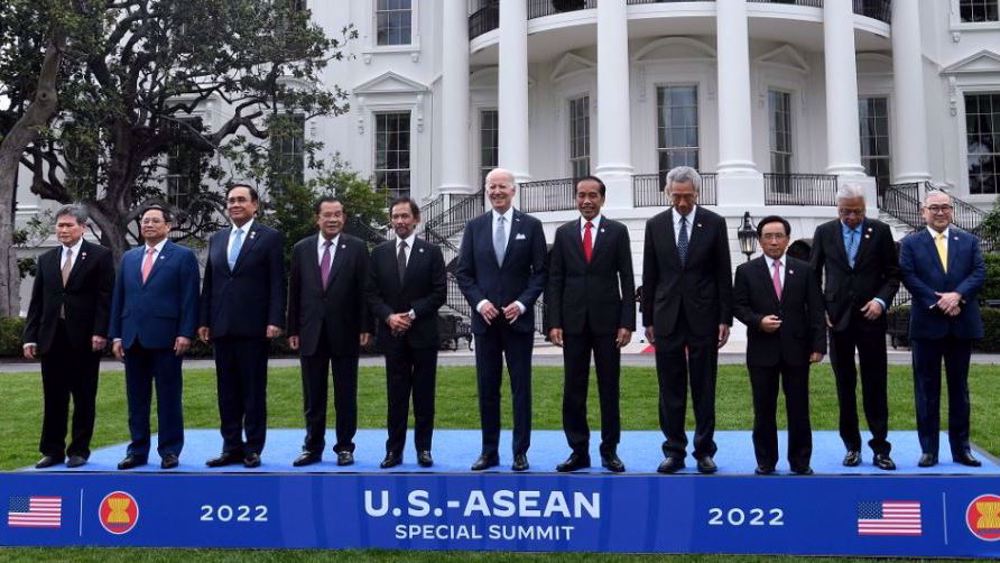
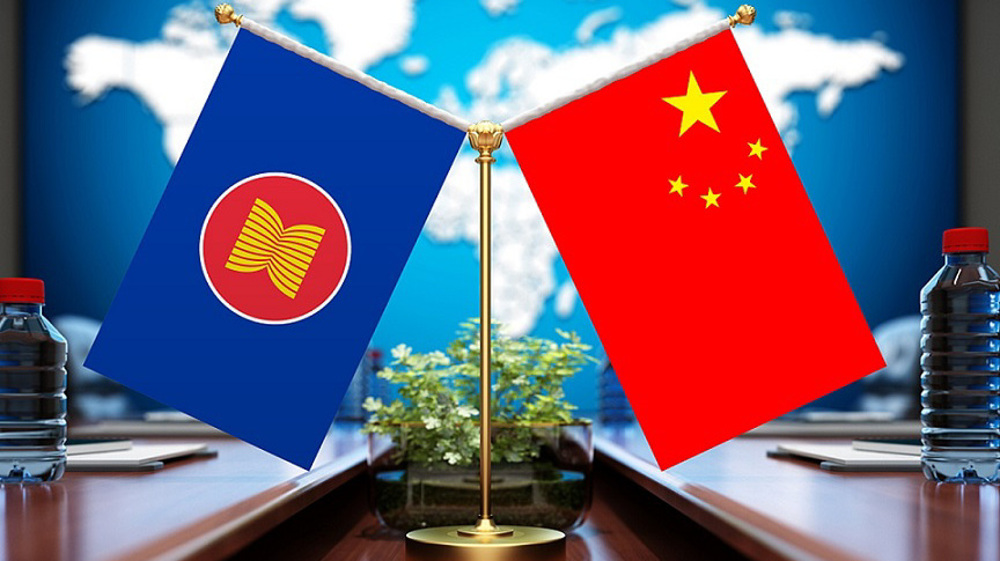
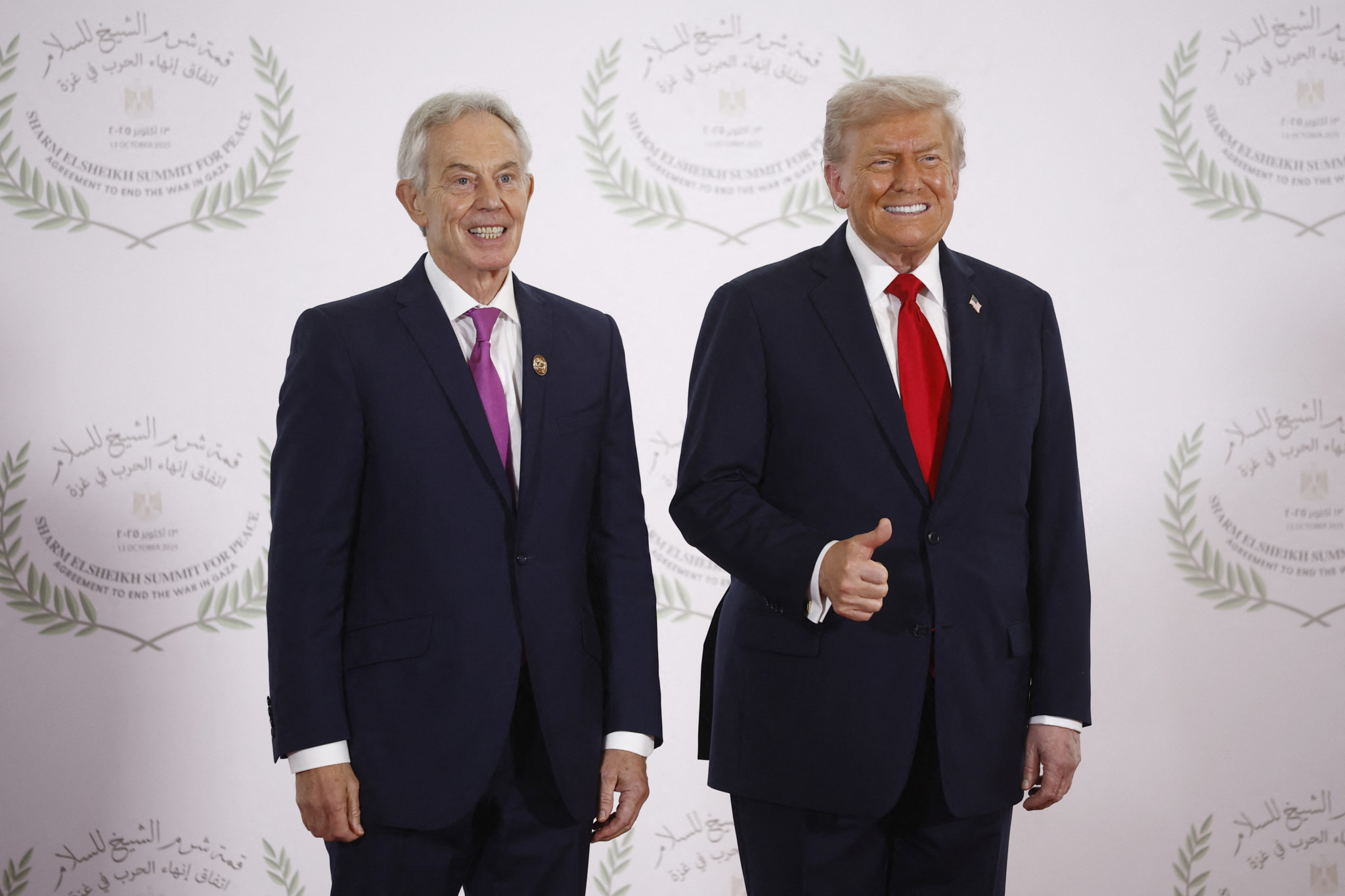

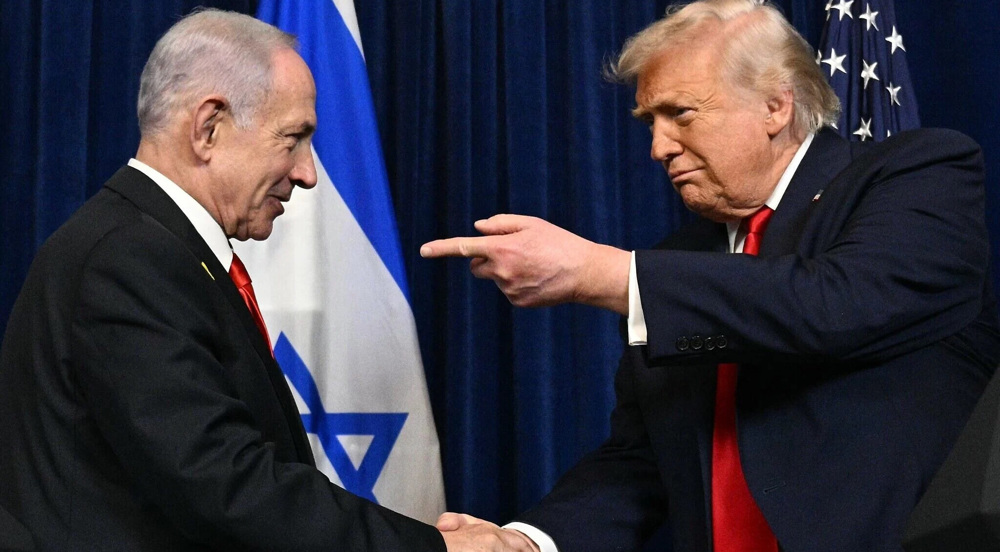



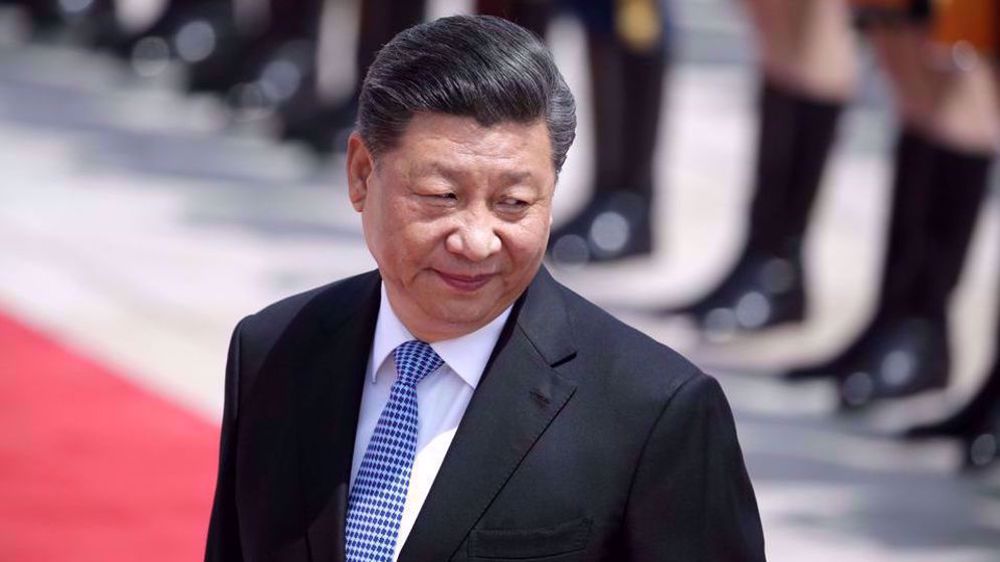

 This makes it easy to access the Press TV website
This makes it easy to access the Press TV website